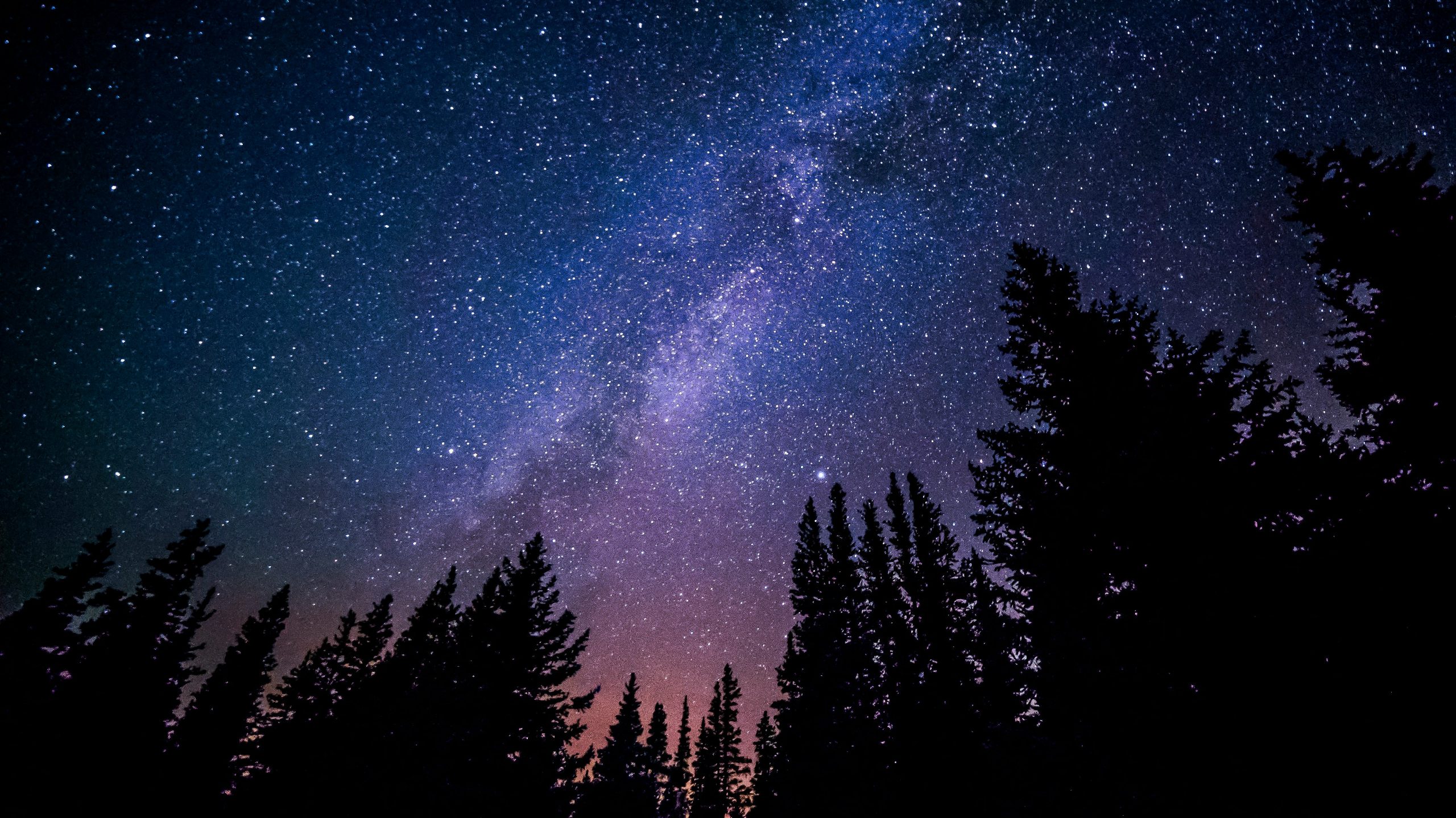Trigger Warnings: horror, anxiety, trauma responses, triggers

I get that look a lot when I tell people sometimes liking horror is a way to control or tamper our anxiety. It can provide validation, control, time-limited fear, and not to mention the come-down feels good after the adrenaline spikes. Consuming horror media may have us dip in and out of our specific window of tolerance and it could be considered a type of informal exposure therapy.
However, most would caution against watching themes/situations that could prove too triggering. Trust yourself with what you can handle and never feel like you have to force yourself to sit through something that will leave you feeling worse. The body has a sympathetic and parasympathetic nervous system. One is for ramping up and the other is for shifting down into calm. Some people are just more sensitive to reaching an anxious state either biologically and/or due to things they’ve been through.
Here is a short video to explain more about the Window of Tolerance from Lewis Psychology:
Fight, flight, freeze, fawn that now has transformed to the less judgmental feign. They (don’t ask me who they is; Ok, I looked: Fawn was attributed to Walker in 2003 and then feign took over with a push from Dr Malchiodi) keep adding to the survival instinct options with more than the fight or flight. There are so many F’s to give! I might go more into the neurobiological responses to fear/threat in a later post.
The theories behind why we sometimes seek out fear are at times explained by evolutionary theory, excitation transfer theory, benign masochism hypothesis, and finally gratification theory along with personality traits.
Evolutionary theory is that we are afraid of certain things even without personal contexts because of what our ancestors may have experienced. Snakes, spiders, etc. It reminds me of those tiktoks where people put cucumbers behind their cats to jump scare them and jump they do. It’s not the nicest example. More examples include when we see a spider or a snake and our body reacts in an instant fear response (some of this is probably also just socialization and modeling or maybe all the above).
Excitation transfer theory is when something scary is happening and then resolves, we can feel relief and like there is a resolution. The scary process ran through and we found the light at the end of the tunnel. On the opposite side, if things remain unresolved we might keep worrying and have a sense of discomfort or dread.
The hypothesis of benign masochism is that we are practicing and preparing for a potential future event. An example of this is when women consume as much true crime content that they can find even though they are overwhelmingly victims of such crime. Knowing how someone got through a traumatic event or how to prepare if someone breaks into your house, or tries to take you to a second location, etc.
Gratification theory and personality traits include sensation seeking and/or low-risk avoidance people as going towards horror movies more due to getting a jolt out of them if they do and not being stressed by them as much overall. Older studies state that people with dark triad traits (narcissism, Machiavellianism, and psychopathy) enjoy horror more but as we’ve seen with Dr Scrivner’s studies from earlier posts, this is most likely an inaccurate and poorly studied dataset that we are attempting to move past as the badass horror fans that we all know we are.
So what is your favorite horror media to consume to put you in that tolerable anxiety state? Depending on which sub-genre you’re the most and least fond of there are a gazillion options. I’ll be writing more about horror boundaries in a later post.
Some of my favorite anxiety inducing films include: The (original) Texas Chainsaw Massacre, The (1982) Thing, most A24 horror, Jaws, The Howling, Host, Evil Dead (original), Wolf Creek, Rogue (2007), Alien/Aliens, Predator, and Prey. Comment yours below!
References:
Barber, R., Carlson, R., & Ramirez, R. (2024, October 9). Why some people love scary movies : Short wave. Retrieved April 26, 2025, from NPR website: https://www.npr.org/2024/10/09/1210938257/fear-anxiety-scary-movie-horror
Bologna, C. (2019, October 31). Why Some People With Anxiety Love Watching Horror Movies. Retrieved from HuffPost website: https://www.huffpost.com/entry/anxiety-love-watching-horror-movies_l_5d277587e4b02a5a5d57b59e
Bradford, S., & Bose, P. (2024, October 15). Why do we like horror movies? Retrieved April 26, 2025, from The Scientist Magazine® website: https://www.the-scientist.com/why-do-some-people-enjoy-horror-movies-72181
Breslin, C. (2022, October 17). Why do people like horror movies? What is the psychology behind it? – psi chi, the international honor society in psychology. Retrieved April 26, 2025, from www.psichi.org website: https://www.psichi.org/blogpost/987366/479889/Why-Do-People-Like-Horror-Movies-What-Is-the-Psychology-Behind-It
Brownlowe, K. (2023, October 27). What happens to your body when you get spooked? Retrieved April 26, 2025, from health.osu.edu website: https://health.osu.edu/health/mental-health/psychology-of-scary-movies
Malchiodi , C. (2021, June 13). Understanding fight, flight, freeze, and the feign response | psychology today. Retrieved April 26, 2025, from www.psychologytoday.com website: https://www.psychologytoday.com/us/blog/arts-and-health/202106/understanding-fight-flight-freeze-and-the-feign-response
Moss, A. (2017, November 8). Why Some Anxious People Find Comfort in Horror Movies. Retrieved April 23, 2025, from VICE website: https://www.vice.com/en/article/why-some-anxious-people-find-comfort-in-horror-movies/
Muller, R. T. (2019, July 26). Horror films may reduce anxiety for some indvidiuals. Retrieved April 26, 2025, from The Trauma & Mental Health Report website: https://trauma.blog.yorku.ca/2019/07/horror-films-reduce-anxiety-for-some/
Porteous-Sebouhian, B. (2022, January 20). Can horror films help to ease anxiety? Retrieved from MHT website: https://www.mentalhealthtoday.co.uk/innovations/releasing-fear-how-horror-films-can-help-to-ease-anxiety
Scrivner, C. (2021, October 26). How You Could Use Horror to Overcome Anxiety | Psychology Today. Retrieved April 23, 2025, from www.psychologytoday.com website: https://www.psychologytoday.com/us/blog/morbid-minds/202110/how-you-could-use-horror-overcome-anxiety
Straube, T., Preissler, S., Lipka, J., Hewig, J., Mentzel, H.-J., & Miltner, W. H. R. (2009). Neural representation of anxiety and personality during exposure to anxiety-provoking and neutral scenes from scary movies. Human Brain Mapping, 31(1), NA-NA. https://doi.org/10.1002/hbm.20843
Vinall, M. (2020, October 6). Are Horror Movies Bad for Your Mental Health? Retrieved April 23, 2025, from Healthline website: https://www.healthline.com/health/how-do-horror-movies-affect-your-mental-health#anxiety
Weatherhead, S. (2023, May 23). Do Horror Movies Really Help With Anxiety? Collider. Retrieved from https://collider.com/horror-movies-anxiety/


Leave a Reply